-
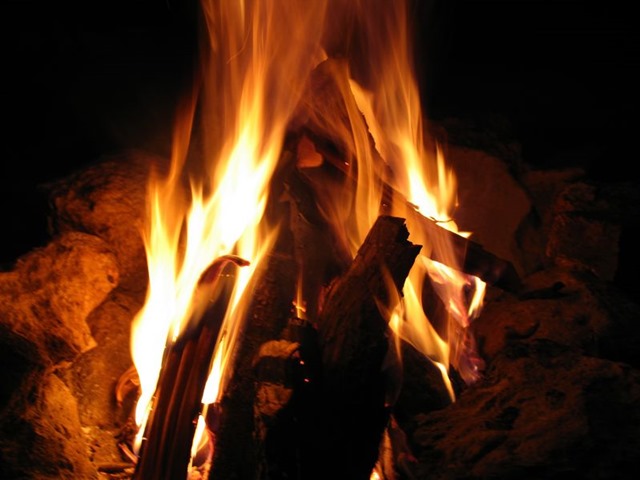
Why we do not follow the Jewish calendar
We have explained why we follow the Sighted Moon /Aviv Calendar. Judaism today follows the calendar introduced by Hillel II in 359 C.E. Hillel was not the originator of the changes to the calendar. The changes started much earlier. In this article we will explain what these changes are and why we do not follow…
-
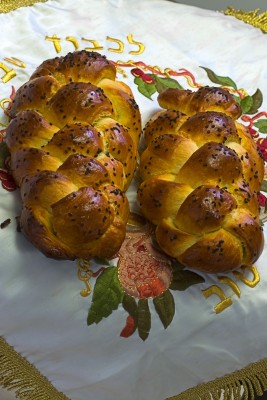
Traditions – good or bad?
It is Friday; the sun is almost setting and a family gathers in their home all dressed up and ready to start their Sabbath celebration. The aroma of the prepared dinner is mouth-watering and the children giggle in anticipation. Mother and Father are getting the last things arranged. Everybody finds their places at the beautifully…
-
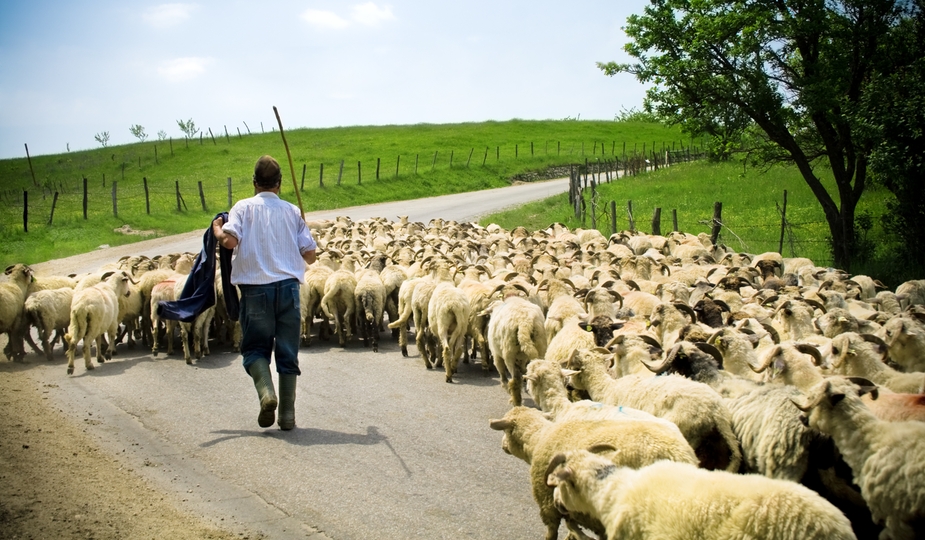
The Prophetic significance of Yom T’Ruah
In the article that we published last year, we covered the all the basic aspects of the appointed time of Yom T’Ruah. We looked at the instructions we received for keeping this appointed time and also touched on some of the bad and good traditions of this feast. In this article we will do a…
-
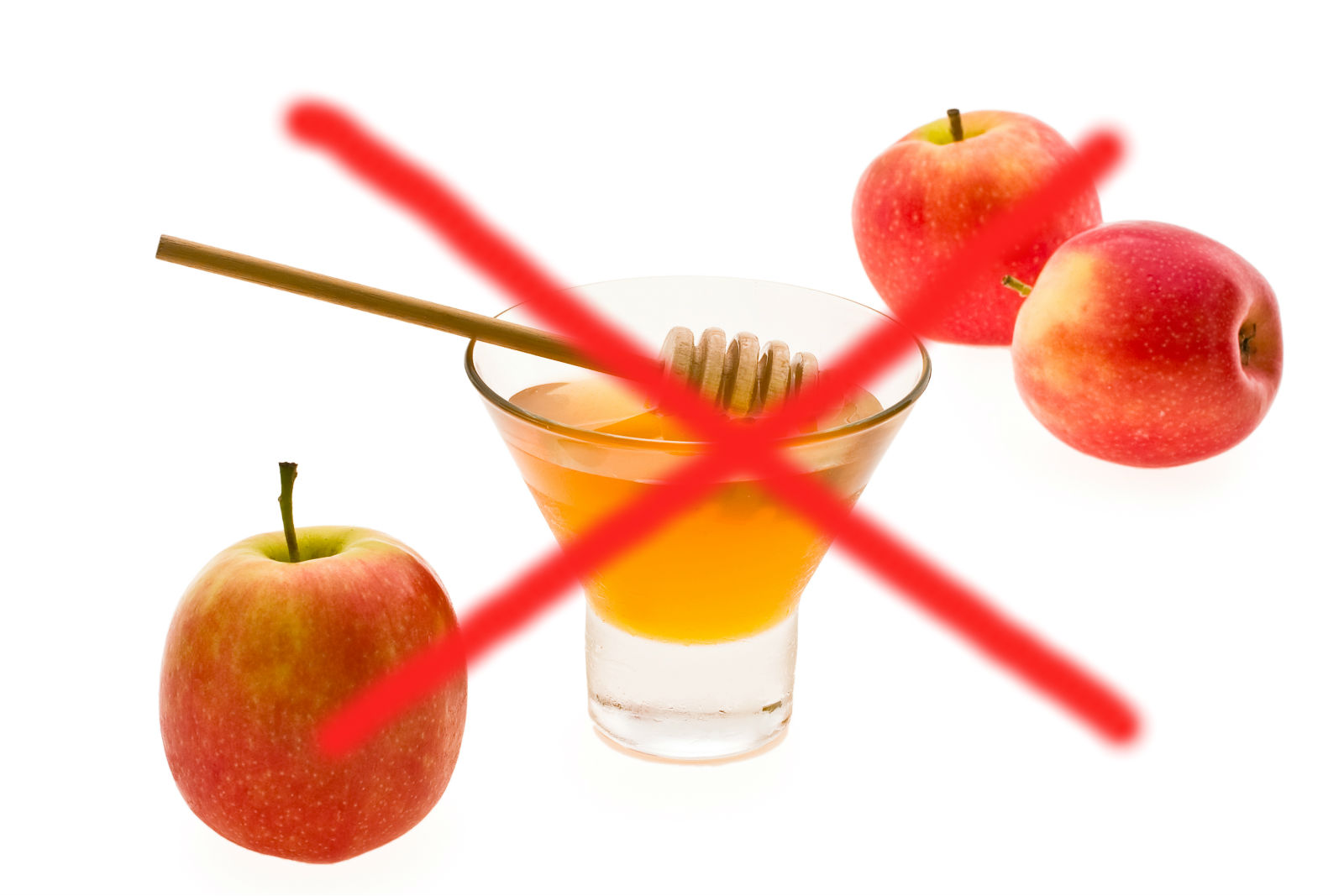
Yom T’ruah is not Rosh haShanah
During this time of year we hear a lot of discussions as to whether or not we should join in the celebration of Rosh haShanah (Head of the new Year). We all know that Exodus 12:2 specifically tells us that the beginning of the year is in Aviv (spring time). Yet, we hear some very…
-
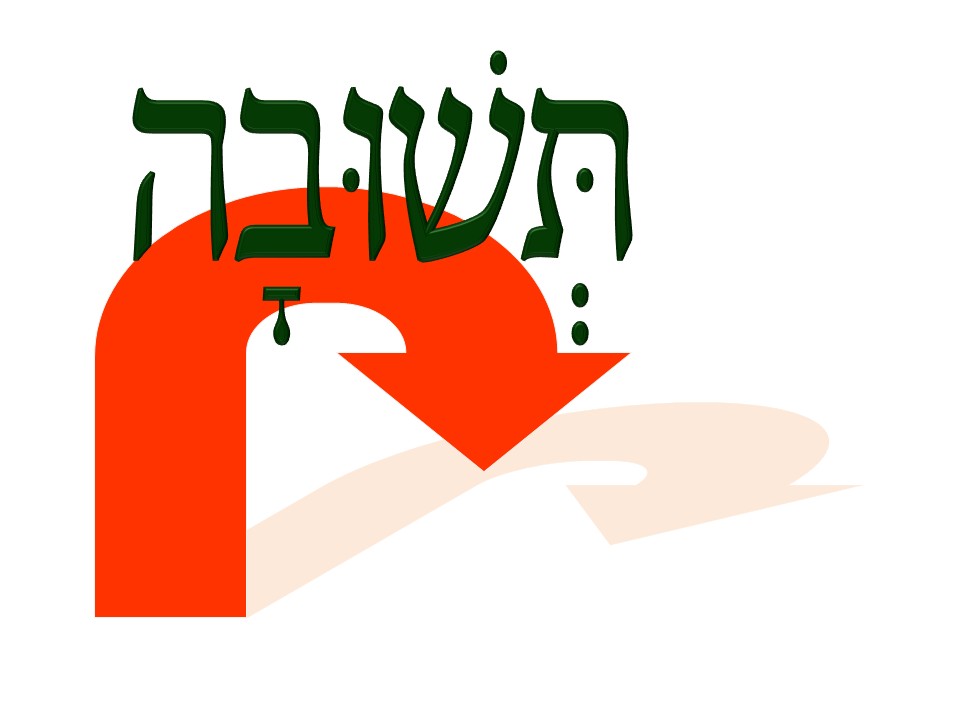
Teshuvah…Sin takes us away from YHVH, repentance brings us closer
We all sin, no matter how hard we try not to. We are human – we sin in our thoughts, in the words we speak and in the things we do. You don’t have to go far to see the result of sin. In other people’s lifes and even our own lifes. How do we…
-
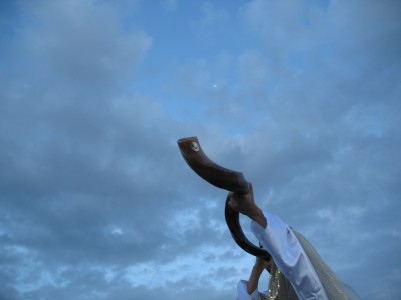
Feast of Trumpets – Yom T’ruah
What does scripture tell us about the first of the fall feasts? How much of what you have learned comes from men and how much from YHVH? We have mixed commandments and traditions so much that it becomes very difficult to tell the one from the other. As we get closer to Yom T’ruah it…
